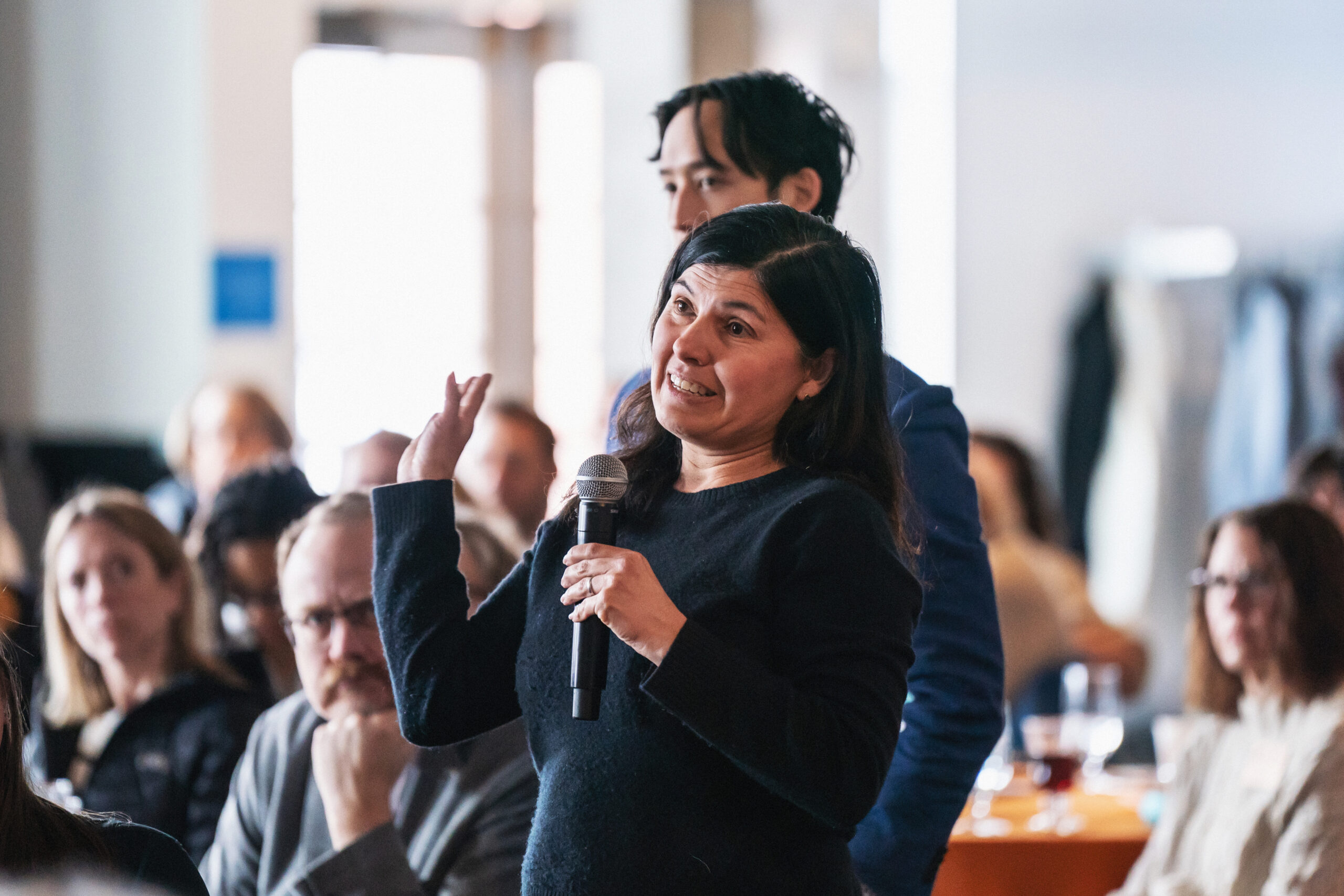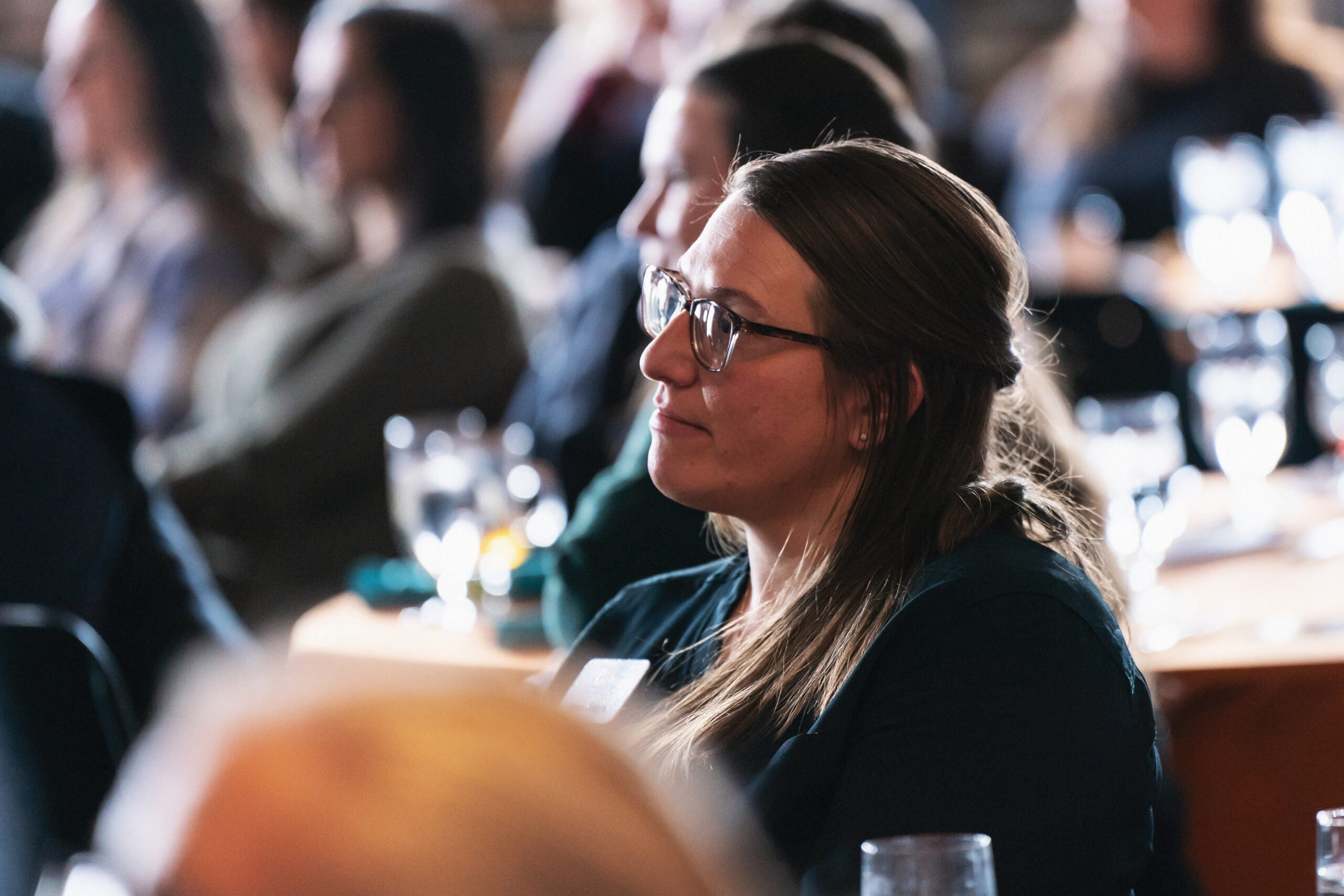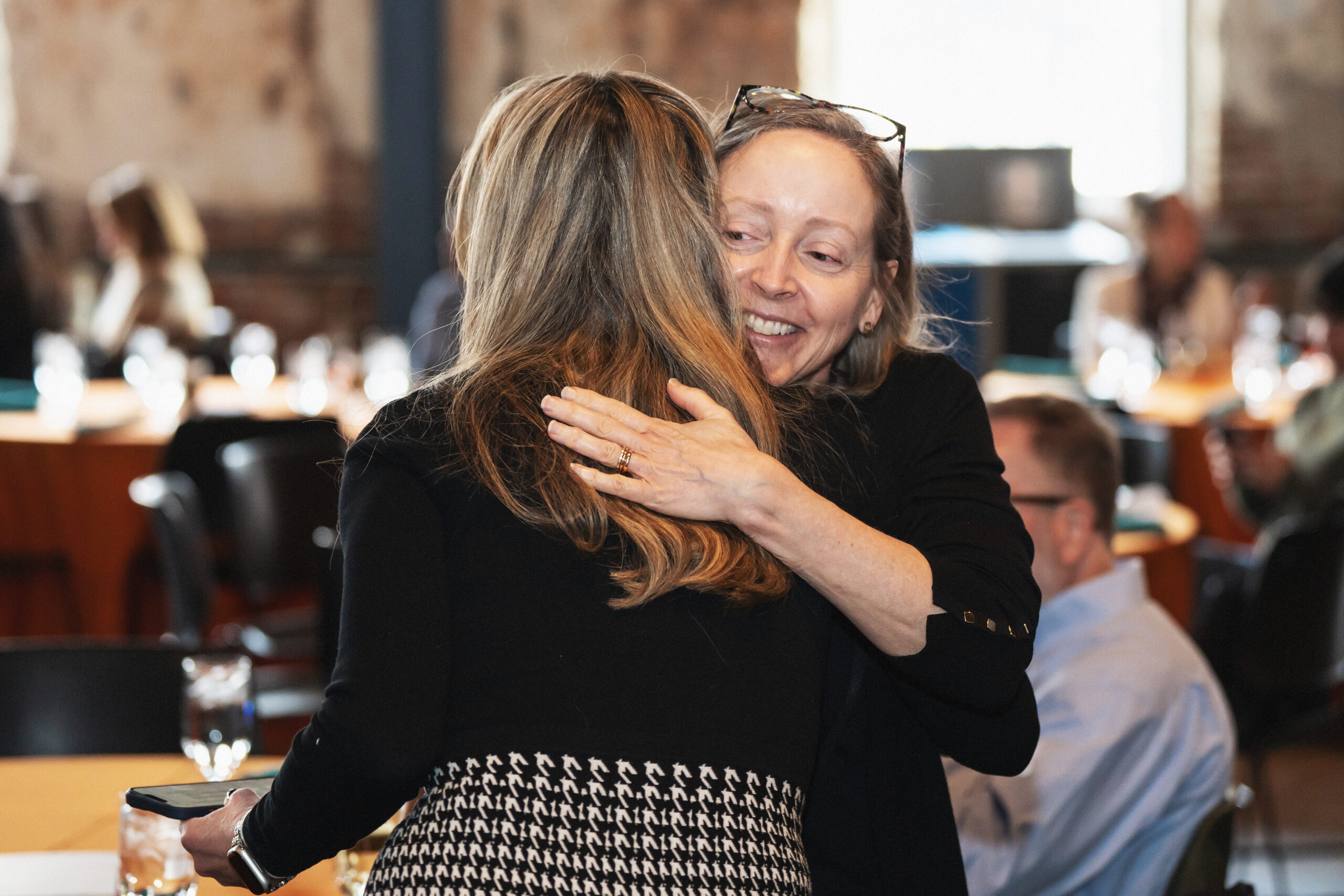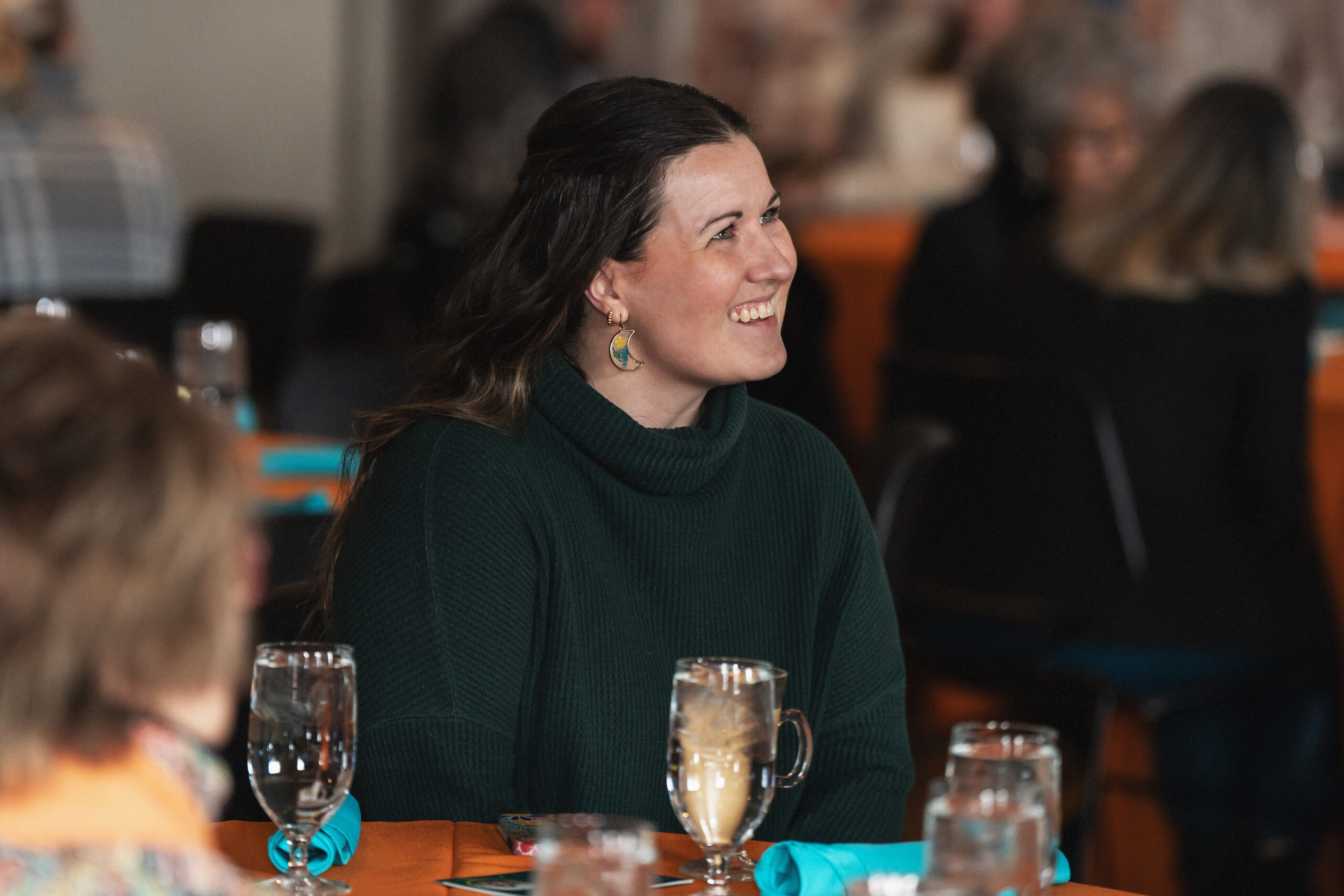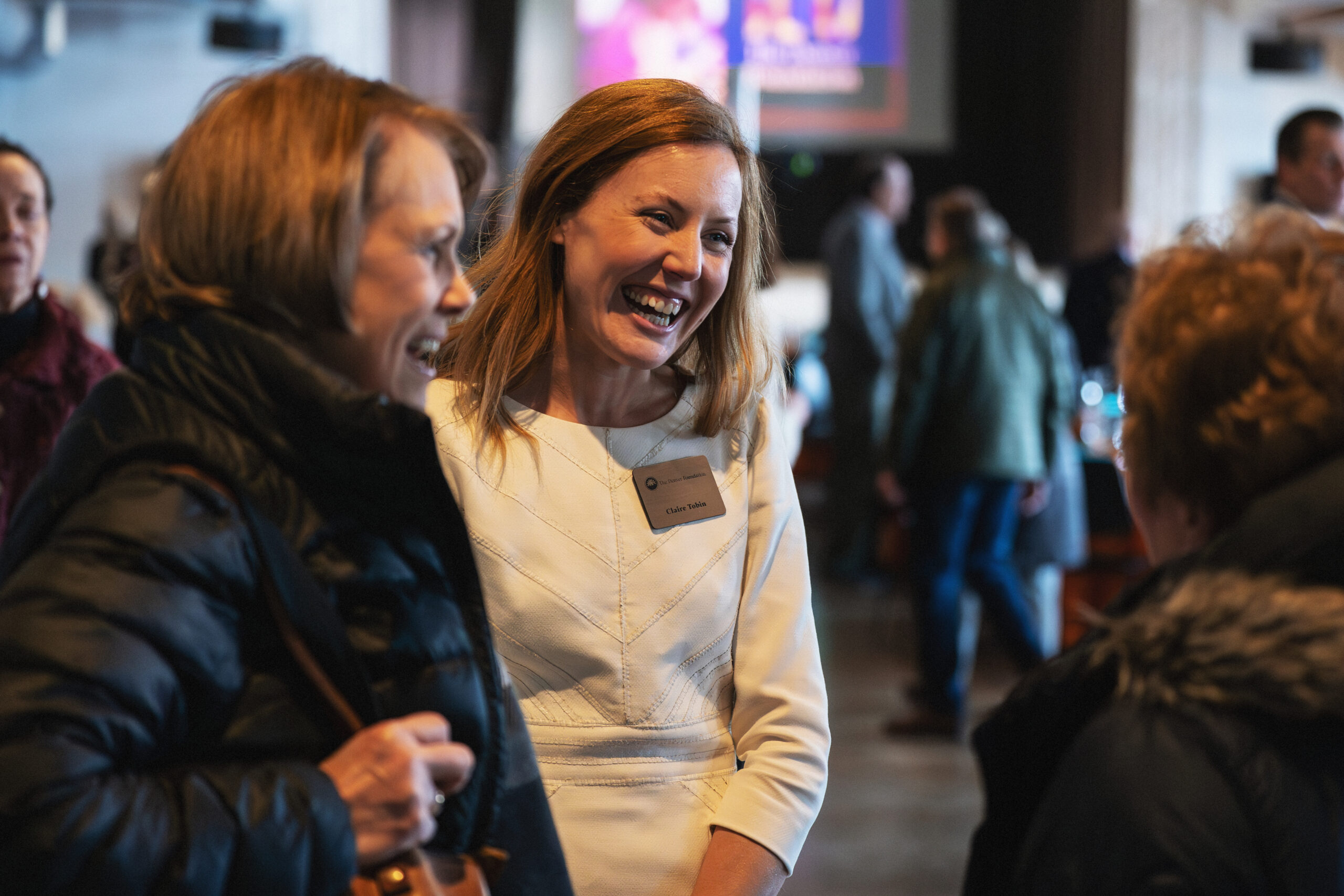Researcher and author, Dr. Jean Twenge, spoke at our kick-off 100th-anniversary event – Mental Health Matters.
Dr. Twenge shared findings from her research on the differences between generations, cultural influences that have changed across generations, and how technology and social media are impacting younger generations today.
The insights that Dr. Twenge shared during her presentation align with what we’ve been hearing from our nonprofit partners, donors, and community members.
- Dr. Jean Twenge, psychology professor at San Diego State University
In response to this community feedback, we expanded our “education” priority area to “youth well-being,” which now includes youth mental health, and continues to support school funding and K-12 reforms.
For 100 years, we have adapted and responded to the changing needs of our youth, and we will continue to do so for the generations to come through the next 100 years and beyond.
What can we do?
If you are looking for ways that you can adapt to support the youth in your lives, here are a few suggestions that Dr. Twenge shared:
- Sleep. Create environments that support better and more sleep. Keep phones out of the bedroom and have kids unplug an hour before bed—lead by example.
- Delay smartphone and social media. Keep kids off social media until they are 13 (or better 16) and encourage other ways to stay connected. Delay smartphone use, and make sure that smartphones are “a tool we use, not a tool that uses us.” Give a smartphone to kids when they reach a milestone that requires more responsibility, like getting a job or driver’s license.
- No phones during the school day. Phones distract from learning and socializing in person. Make sure students keep them off during school to help them focus and engage more fully.
- Encourage independence. Younger generations have less experience with independence and decision-making. Give kids a chance to take responsibility—running errands, managing schedules, or solving problems on their own.
Dr. Twenge ended with the following thought: “We need to find a way for technology to light our way instead of darken it.”
Event Recap
Save the date for more centennial events. We will provide more details closer to the event.
About Dr. Jean Twenge
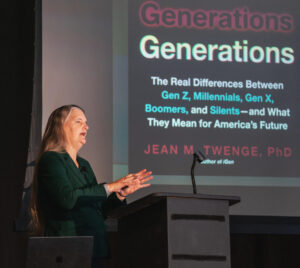
Dr. Jean Twenge is a psychology professor at San Diego State University and the author of Generations: The Real Differences Between Gen Z, Millennials, Gen X, Boomers, and Silents—and What They Mean for America’s Future and iGen: Why Today’s Super-Connected Kids Are Growing Up Less Rebellious, More Tolerant, Less Happy—and Completely Unprepared for Adulthood.
With more than 180 publications, her research on generational differences and technology, based on data from 39 million people, has been featured in major media outlets like The New York Times and NPR.
Dr. Twenge holds degrees from the University of Chicago and a Ph.D. from the University of Michigan and lives in San Diego with her family.
Photos courtesy: Amanda Tipton Photography
